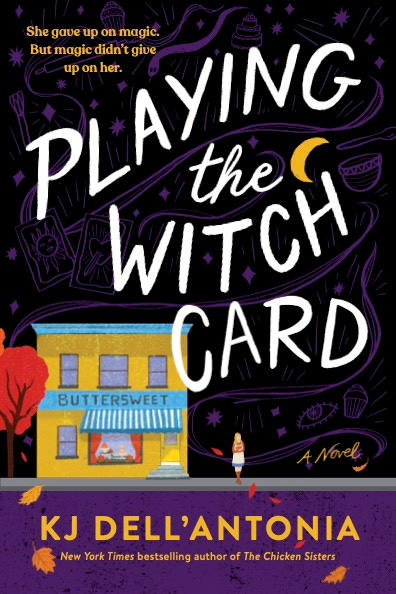you'll never read hist fic or regency romance the same way again
can a steamy regency change your entire perspective on women's history? Maybe.
Stay with me here. Maybe you don’t read regency romance (I hadn’t since high school, until this year). Maybe Jane Austen’s not your girl (I forgive you) and the Bronte sisters feel like homework (kinda with you there).
But I read a light-hearted, joyful, delightful steamy regency romance last week that ALSO managed to make me re-think everything I’ve read from the era, whether it was written at the time or in the years since. Enter Portrait of a Scotsman, by Evie Dunmore.
As a romance, it turns a number of tropes on their heads in delightful ways—upstairs downstairs, only one bed, grumpy sunshine, enemies to lovers—and all of that pleased me greatly. But it also continues Evie Dunmore’s A League of Extraordinary Women series, which follows four of the first women admitted to Oxford who are engaged in trying to overturn the Married Women’s Property Act, which gave all that a woman owned—and indeed, any personal rights she had—to her husband upon her marriage. At the time the novels were set, a husband held total dominion over his wife. He could legally imprison her, impregnate her, take away her children, and abuse her in ways both mental and physical—and yet for most women, marriage was the only way out of poverty, servitude or both.
I knew that. Kind of. Just like I knew that Chris Evert—the top women’s tennis player in the world in her day—could not get a credit card in her own name in 1972, she had to use her husband’s. But I didn’t KNOW KNOW, or really consider what those limits might have felt like, until it came at me in the form of an entertaining, engrossing story that made me feel as well as think.
And now that I’ve spent some time thinking about what marriage really meant back them, I’m rethinking all of my beloved heroines from Elizabeth Bennet to Harriet Vane (women would have won the right to vote and first been allowed to graduate from Oxford, as opposed to merely attend, during her fictional lifetime).
At a moment when women’s health care rights in the U.S. have recently been curtailed by men and in a world where many women still live lives under regimes even more restrictive than that of regency England, I deeply appreciated the whole-world approach that Dunmore took to Portrait of a Scotsman (and to Bringing Down the Duke and A Rogue of One’s Own). It’s almost as though it took a historical perspective to make me see both history AND our current moment more clearly.
And damn, I had a good time reading it too.
What’s changed your perspective lately? I’d love to hear about it. (Coming soon, my thoughts on an entirely different literary reading experience that has me questioning what I want from books—and then questioning whether I want to question it.)
OOH hey—it’s less than a month until the release of Playing the Witch Card ! Pre-order your fall fun now and there WILL be rewards for doing so…. except I haven’t set the whole thing up yet, so stay tuned there. But know that there have been whispers of a second printing being slow—so if you want to make sure you have your October reading in hand, pre-order now!








Do they have to be read in order? I ran out to get the first one tonight, but they only had the third in the series at B & N.
I absolutely devoured Evie Dunmore’s books and loved them! The right mix of history lesson, friendship, unlikely romance and so many laughs. An absolute delight and I’m eager to read Catriona’s romantic adventure!